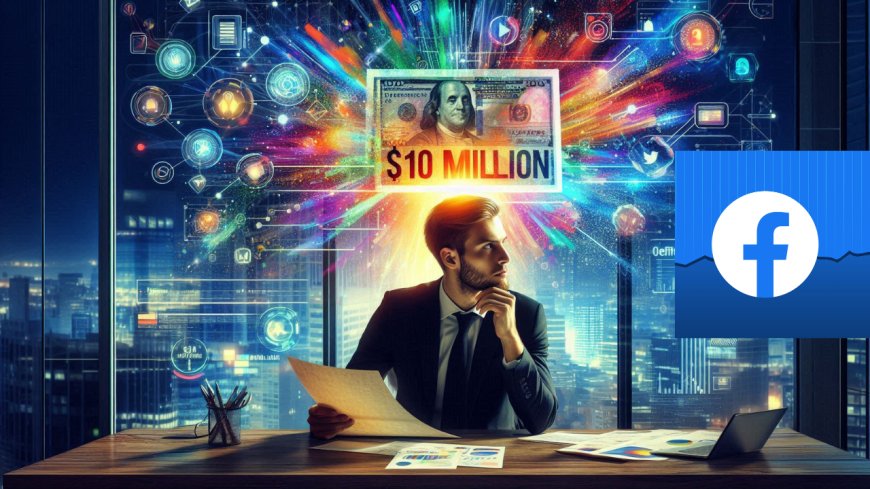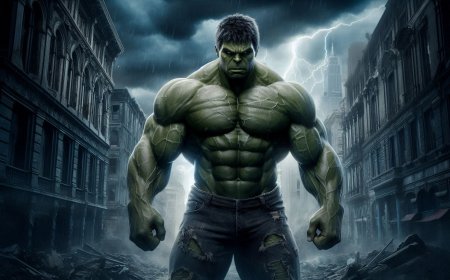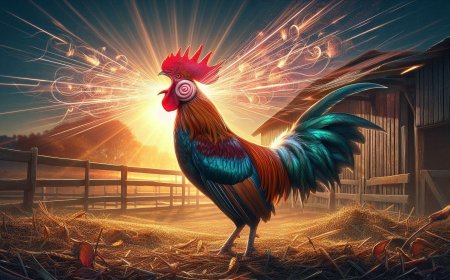The $10 Million Offer Zuckerberg Turned Down: A Pivotal Moment in Facebook's History
Explore the pivotal moment in Facebook's history when Mark Zuckerberg turned down a $10 million offer, examining the implications of this decision on the social media landscape and the future of technology.

Before Facebook became the global social media giant it is today, connecting over 2 billion people, it faced a surprising crossroads. Mark Zuckerberg, the visionary behind the platform, once had the opportunity to sell it—years before it became the household name it is now. And the buyer? Friendster, a social networking site that dominated the early 2000s, with an offer of $10 million on the table.
The decision to walk away from this deal changed the course of history.
The Early Days of Facebook
In 2004, Facebook, then known as TheFacebook, was still in its infancy. What began as a simple platform for Harvard students to connect had quickly expanded to other college campuses, igniting a buzz. Its clean interface, exclusivity, and focus on genuine social interaction set it apart from the cluttered social media sites of the time. This caught the eye of several investors and companies, including Friendster, one of the pioneers of online social networking.
Friendster, already established but beginning to face stiff competition from MySpace, saw the potential in this new platform. They made Zuckerberg an offer of $10 million, a considerable sum for a college student running a fledgling website. But Zuckerberg, despite the tempting number, had other plans.
Zuckerberg’s Vision Beyond the Offer
What’s striking about Zuckerberg’s decision to turn down this offer is his clarity of vision. Facebook wasn’t yet the titan we know today, but Zuckerberg saw something more. He believed in the power of connecting people in ways that hadn’t been fully realized by Friendster or MySpace. Where others might have seen a quick payday, Zuckerberg saw the future of global connectivity.
Had he sold Facebook to Friendster, Zuckerberg’s dream for the platform might have been stifled, absorbed into an existing network rather than given room to grow. He wasn’t interested in a quick exit but in building something revolutionary, a platform that could transform how people communicated on a massive scale.
The Road Not Taken
The decision to not sell Facebook is one of the most pivotal moments in tech history. Zuckerberg’s refusal to take the easy route allowed him to shape Facebook into something much larger than a niche social network for college students. Instead of becoming a footnote in the history of Friendster or MySpace, Facebook became the defining platform of a generation, setting the standard for social interaction, media consumption, and digital marketing.
Had Zuckerberg sold, it’s fascinating to wonder how differently things might have turned out. Would Facebook have faded into obscurity under Friendster’s ownership, or could it have still risen to prominence? Given Friendster’s eventual decline, it’s more likely that Facebook would have been just another casualty in the rapidly evolving tech landscape.
A Gamble That Paid Off
Looking back, Zuckerberg’s gamble to keep Facebook independent wasn’t just a business decision—it was a testament to the power of vision and belief in potential. It underscores the importance of long-term thinking in the tech world, where short-term gains can often seem more appealing than the risks of pursuing innovation. By holding onto Facebook, Zuckerberg created a platform that fundamentally altered the way the world communicates and shares information.
Zuckerberg’s story offers a powerful reminder to entrepreneurs everywhere: sometimes, the best decision is the one where you bet on your own vision, even when the stakes are high. That $10 million offer may have seemed like a golden ticket back then, but by choosing to follow his own path, Zuckerberg ensured Facebook became something far more valuable: a platform that changed the world.
What's Your Reaction?






































































































